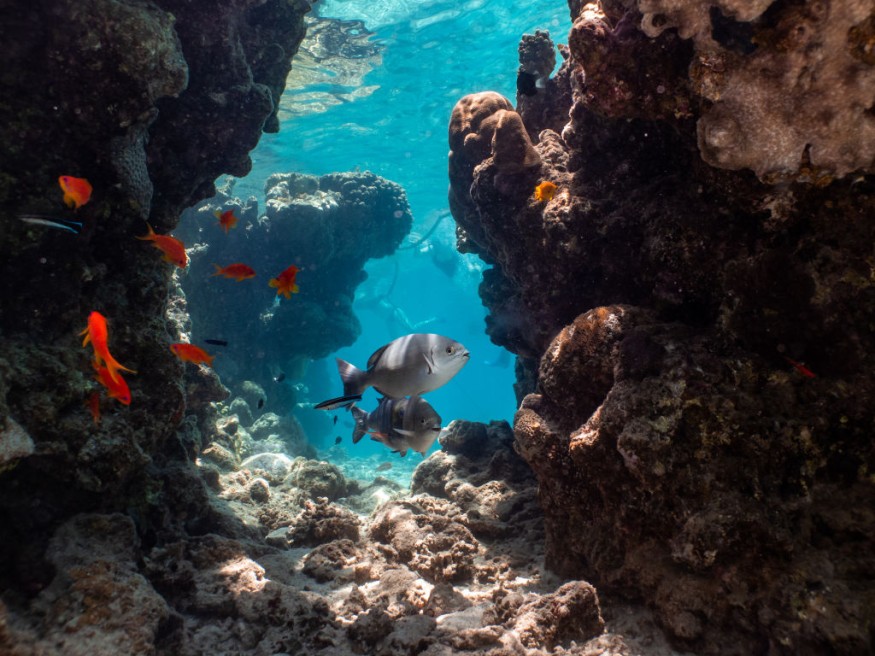The latest report found that the coral reel metal isotopes will help unveil the responses of coral reefs to changing climate conditions and stressors. Understanding the coral reef resiliency is crucial to predict the potential impacts of global warming,
Coral reefs play a significant role in the marine environment and ecosystem. Corals are home to various species. According to NOAA, corals help to protect communities and coastlines from challenging weather conditions.
For aquatic species, coral reefs are a source of nutrients and food. As a result, coral protection is crucial to save species and oceans from decline. The collapse of corals could lead to devastating impacts on animal health, biodiversity and survival.
Despite the species crucial role, coral reef ecosystems have suffered from population loss due to the following:
- Pollution
- Extreme weather events
- Pollution
- Illegal fishing practices
- Sedimentation
- Climate change
- Coral bleaching and global warming
- Ocean acidification
Coral Resilience and Role of Metal Isotopes
Furthermore, the protection of corals is significant to the world's oceans. As a result, experts are finding ways to mitigate the said threats and potentially save corals from decline.
The research findings were published Journal of Geophysical Research: Biogeosciences Xuefei. Researchers tried to discover the biological responses and climate adaptation of corals amidst the threat of climate change and global warming.
Understanding the coral reef responses will be helpful to provide new insights into their survival and resiliency. In an effort, researchers discovered that the coral metal isotopes will contribute to observing how the species respond to challenging conditions.
However, the report noted the need for more studies, with multidisciplinary collaboration with other fields as rising temperatures could significantly cause the decline of coral health.
According to the researchers, coral historical adaptation can unveil how they managed to live in changing climates using bio-utilized metal stable isotopes. It can also help with the conservation and protection efforts of corals.
In the recent NWN report, climate change can supercharge extreme weather events, from storms, drought, rising temperatures and wildfires. The growing problems of climate change can intensify extreme weather conditions in parts of the globe.
How Do Corals Manage to Adapt to Rising Temperatures?

Coral adaptation is crucial for species to survive the climate change effects. Scientists also monitor coral reef ecosystems, and they try to save corals that could suffer from hotter surface temperatures.
One way for coral to survive is acclimatization, which the species try to acclimatize with their environments despite frequent heat waves. The research report was published in the Proceedings of the National Academy of Sciences.
However, rapid spikes in temperatures can lead to more problems for coral reef ecosystems. It is likely it would become more challenging for them to live, or health decline could occur.
Related Article : Mass Coral Bleaching Imminent in Next Few Years Amid Record-Breaking Marine Heat Waves
For more similar, don't forget to follow Nature World News.
© 2026 NatureWorldNews.com All rights reserved. Do not reproduce without permission.





